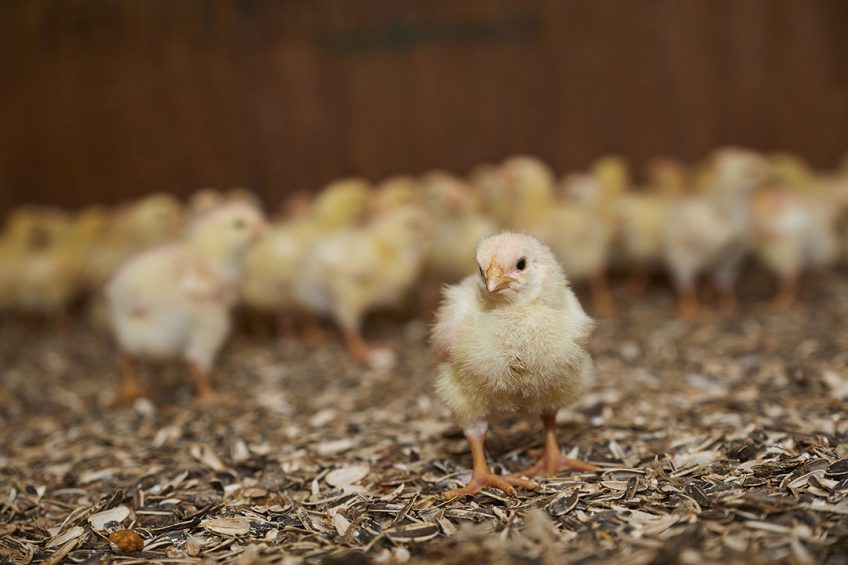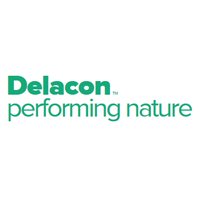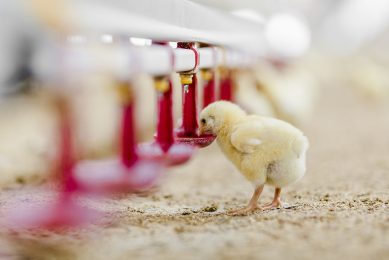In changing times, nature works to boost poultry production

The lyrics of Bob Dylan’s song “The times they are a changin’” ring so true. The days of families grabbing the plain-labelled package of whole chicken is a muddled memory. Contrast that with today’s environment. Consumers, particularly millennials born in the 80s and 90s, boldly voice their preferences: no antibiotics ever, humane animal care practices, food chain transparency and minimal environmental impact.
A 2016 survey, conducted online within the United States by Millennium Research and commissioned by Delacon, found that 44% of millennials consider themselves ‘foodies’. Two-thirds of those with a discerning palate said they look closely at poultry labels.
Plants and their extracts stand out
Poultry nutrition faces a critical intersection. Europe banned the use of antibiotic growth promoters (AGP) more than a decade ago. On Jan. 1, 2017, strict federal rules, via the US veterinary feed directive (VFD), started regulating how medically important antibiotics can be administered to animals in feed and drinking water. All medically important antibiotics used in feed or water for food animal species require a VFD or prescription.
As feed additives receive increased attention among scientists, nutritionists, feed manufacturers and producers, plant-derived (phytogenic) feed additives (PFAs) are moving further into the spotlight due to their holistic and broad-spectrum efficacy.
More than 100 natural ingredients, representing various active ingredient groups e.g., pungent substances, bitter substances, essential oils, saponins, flavonoids, mucilages and tannins, provide the foundation for today’s PFAs. Industry experts selected these powerful, plant-derived substances due to their diverse modes of action. These substances are surprisingly powerful, if precisely combined and formulated in feed additives that support poultry immunity, performance and sustainability.
The way to the ‘gold standard’
Not all PFAs are created equal. Having third-party validation, including EU zootechnical registration, indicates high-quality PFAs. The complex registration process requires dossier submission to the European Commission. Then, the Community Reference Laboratory verifies the provided analytical methods and traceability. Next, the European Food Safety Authority assesses safety and efficacy. The final authorisation step comes from the European Commission and member states. In the industry, EU-authorisation of zootechnical feed additives is considered as the scientific gold standard and therefore, plays an important role within the wide spectrum of feed additives.
Delacon was the first and is currently the only manufacturer that has achieved EU zootechnical registration for 2 phytogenic feed additive products (one for pig production and one for poultry production). Most other products are authorised as flavours or are largely made of synthetic phytochemicals, rather than natural, plant-derived compounds.
The future ‘taste’ of profitable poultry nutrition
Natural plant extracts are scientifically shown to provide greater synergistic effects between active substances than synthetic i.e., chemically produced, nature-identical substances. Therefore, phytogenics using plant extracts show wider modes of action in poultry nutrition. This advantage is based on the synergistic effects of agents within a plant, which have not been reduced to the effects of a single, lead substance.
Well-formulated PFAs provide broad-spectrum efficacy to optimise animal performance. This occurs because PFAs strengthen the immune system and support a healthy gut microbiome, helping the animal improve stress tolerance and maintain health during challenging periods. Additionally, PFAs improve digestion and nutrient utilisation, boosting performance.

Winning proposition for consumers and producers
Circling back to the millennial foodies, 90% said phytogenics would make a positive impact on their brand choice. Natural ingredients – many as common as those found on kitchen spice racks – resonate with consumers.
Poultry producers win, too. PFAs provide producers with a good return on investment while supporting animal health, boosting performance, fostering food safety and decreasing poultry’s carbon footprint. With a 32% reduction in ammonia emissions, both producers and consumers are smiling about this change. From raw materials for feed to the end product, studies show the carbon footprint of egg production can be reduced 5% when feeding PFAs.
Doing more with less
PFAs are positioned to meet today’s animal feeding challenges. As natural products, PFAs provide a cornerstone for both conventional and AGP-free feeding programmes. What started as a niche nearly 30 years ago has grown into a market of global importance as animal agriculture responds to a public call for the responsible use of antibiotics, sustainable livestock production and consumer transparency.
Similarly, PFAs help livestock producers doing more with less. When PFAs stimulate animals’ natural mechanisms, the animals can better exploit their genetic potential, hence being more productive.
Growth opportunities abound for PFAs. “Today, we are seeing tremendous growth in the demand for PFAs from almost all geographies, namely North and South America, Asia, Europe, the Middle East and Russia,” stated Dr Tobias Steiner, Delacon head of strategic marketing. Markets in Asia are looking for products that support production performance when AGPs are phased out. Meanwhile, in most parts of Europe, the industry is focusing on strategies that help minimise the need for medicinal interventions. Demand from Africa is still limited but there is growth potential there, too.
While it’s difficult to project future PFA demand and sales, Dr Steiner is confident that PFA demand will increase because consumers perceive PFAs as being sustainable tools, originating from nature. “Consumers have a high level of trust in such products.”
Join 31,000+ subscribers
Subscribe to our newsletter to stay updated about all the need-to-know content in the poultry sector, three times a week. Beheer
Beheer


 WP Admin
WP Admin  Bewerk bericht
Bewerk bericht